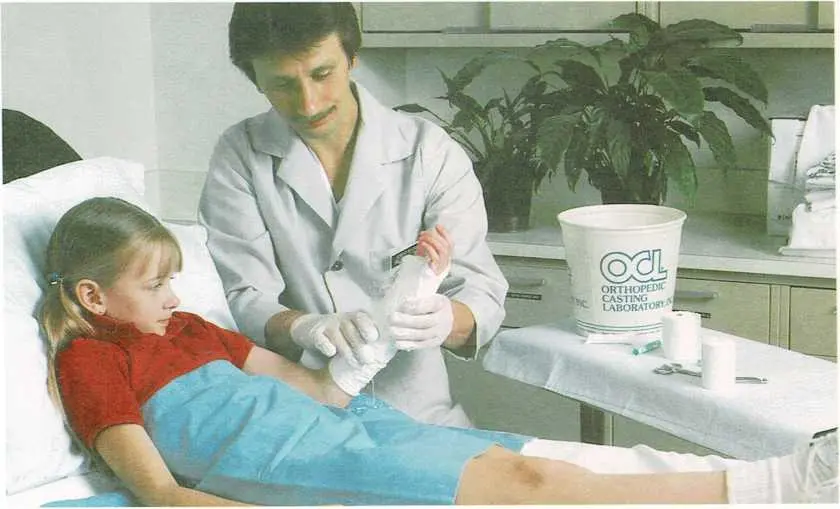Accidents
In the United States alone, about 20,000 children under the age of 15
die each year because of accidents. That is more than the next three
leading causes of death combined.
One of your biggest jobs as a parent is to be alert to dangers of which
your’ child cannot possibly be aware. It is important to check all
aspects of the home for safety. Cribs, playpens, and gates should
conform to safety standards. Take extra care to keep baby walkers away
from stairwells. Cover all electric outlets with plastic caps. Never
leave a young child alone in a bathtub. A small child can drown in very
shallow water or turn on the hot water and be severely scalded. Burns in
the kitchen can occur from boiling hot water, hot plates, and the oven
itself. The crawling baby can pull up to a standing position, pull a pot
off the stove, and be scalded by the spilling contents. Use gates to
prevent falls down a flight of stairs. Take precautions to prevent the
young child from accidentally drowning in a backyard swimming pool.
Medicines are the most common poisonous substances accidentally taken by
children. House plants are now a very common source of ingestions.
Following this comes a whole series of cleaners and sanitizing agents
(most often found in the bathroom); cosmetics (generally in or on
nightstands in the bed
room); paint and furniture polishes; and insecticides, gasoline, and
charcoal lighter fluids.
Here are some ways to “poison-proof” your home.
Look at your home through the eyes of a curious, mobile toddler.
Find out which of your common household items are poisonous.
Keep all drugs, poisons, and household chemicals out of a child’s reach.
Put medicines back in their usual storage place immediately after using
them.
Discard medicines after you have recovered from the illness for which
they were prescribed, as well as outdated medicines, by flushing them
down the toilet.
Never store poisonous or inflammable substances in food or beverage
containers. They may be mistakenly consumed.
Keep syrup of ipecac on hand, but never use it until checking with your
doctor or the nearest poison control center.

